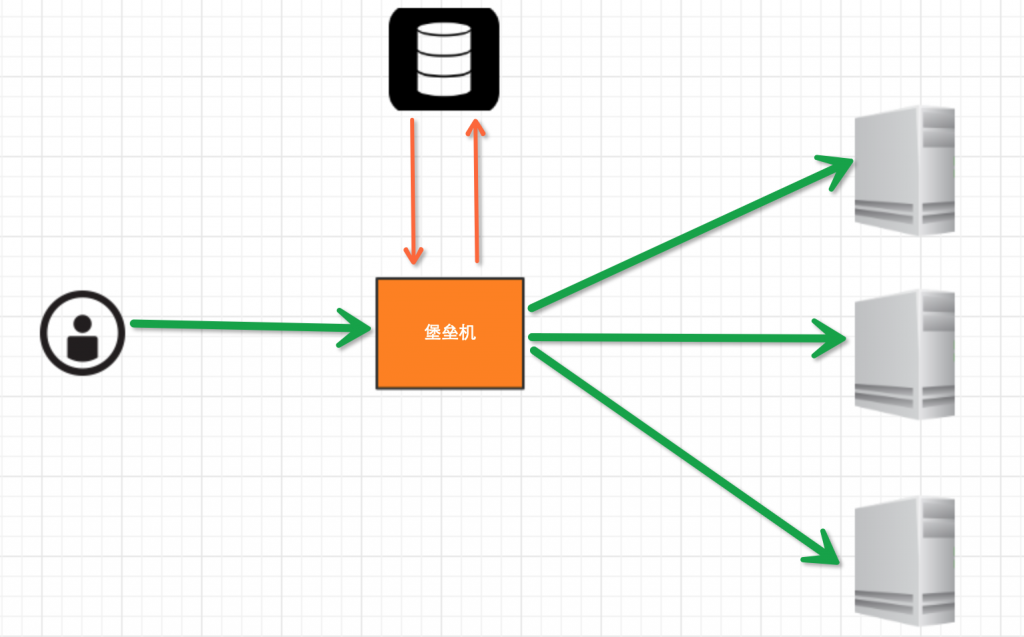刚坐在车里就开始电闪雷鸣。听着隆隆的雷声,没有恐慌,到有几分振奋人心的舒心感、酣畅淋漓感。朝外望去,突然间,狂风夹杂着骤雨席卷而来,一泻千里。瞬间暴雨如注,打在地上,溅起朵朵浪花,在热浪的蒸腾下激起层层水雾。满大街是慌乱的人群,行人跑着、叫喊着,唧唧喳喳的赶着在房檐下躲雨。这时候伞是没有用的,挡不住狂风暴雨的袭击,无论是带了伞的,还是没带伞的,全都躲在了房檐下。
后来想到自己Delphi有一个获得拼音的代码。于是找了出来。研究了一下代码如下:
function get_hz_pywb(hzstr: string; pytype: integer): string;
var
I: Integer;
allstr: string;
hh: THandle;
pp: pointer;
ss: TStringList;
function retturn_wbpy(tempstr: string; tqtype: integer): string;
var
outstr, str: string;
i: integer;
begin
//################### 汉字查询电位
i := 0;
while i <= ss.Count - 1 do
begin
str := ss.Strings[i];
if (tempstr = trim(str[1] + str[2])) or (tempstr = trim(str[3] + str[4])) then
begin
str := ss.Strings[i];
Break;
end;
i := i + 1;
end;
//###################
outstr := ''; //提取编码
if tqtype = 1 then
begin
for i := pos('①', str) + 2 to pos('②', str) - 1 do
if str[i] <> '' then if outstr = '' then outstr := str[i] else outstr := outstr + str[i];
end;
if tqtype = 2 then
begin
for i := pos('②', str) + 2 to pos('③', str) - 1 do
if str[i] <> '' then if outstr = '' then outstr := str[i] else outstr := outstr + str[i];
end;
if tqtype = 3 then
begin
for i := pos('③', str) + 2 to pos('④', str) - 1 do
if str[i] <> '' then if outstr = '' then outstr := str[i] else outstr := outstr + str[i];
end;
if tqtype = 4 then
begin
for i := pos('④', str) + 2 to length(str) do
if str[i] <> '' then if outstr = '' then outstr := str[i] else outstr := outstr + str[i];
end;
Result := trim(outstr);
end;
begin
//加载资源文件,将内容赋值给 s
ss := TStringList.Create;
hh := FindResource(hInstance, 'mywb', 'TXT');
hh := LoadResource(hInstance, hh);
pp := LockResource(hh);
ss.Text := pchar(pp);
UnLockResource(hh);
FreeResource(hh);
allstr := '';
i := 0;
while i <= length(hzstr) do //提取汉字字符
begin
if (Ord(hzstr[I]) > 127) then
begin
if allstr = '' then
allstr := retturn_wbpy(hzstr[I] + hzstr[I + 1], pytype)
else
allstr := allstr + retturn_wbpy(hzstr[I] + hzstr[I + 1], pytype);
i := i + 2;
end
else
begin
if allstr = '' then allstr := hzstr[I] else allstr := allstr + hzstr[I];
i := i + 1;
end;
end;
ss.Free;
Result := trim(allstr);
en
function get_hz_pywb(hzstr: string; pytype: integer): string;
var
I: Integer;
allstr: string;
hh: THandle;
pp: pointer;
ss: TStringList;
function retturn_wbpy(tempstr: string; tqtype: integer): string;
var
outstr, str: string;
i: integer;
begin
//################### 汉字查询电位
i := 0;
while i <= ss.Count - 1 do
begin
str := ss.Strings[i];
if (tempstr = trim(str[1] + str[2])) or (tempstr = trim(str[3] + str[4])) then
begin
str := ss.Strings[i];
Break;
end;
i := i + 1;
end;
//###################
outstr := ''; //提取编码
if tqtype = 1 then
begin
for i := pos('①', str) + 2 to pos('②', str) - 1 do
if str[i] <> '' then if outstr = '' then outstr := str[i] else outstr := outstr + str[i];
end;
if tqtype = 2 then
begin
for i := pos('②', str) + 2 to pos('③', str) - 1 do
if str[i] <> '' then if outstr = '' then outstr := str[i] else outstr := outstr + str[i];
end;
if tqtype = 3 then
begin
for i := pos('③', str) + 2 to pos('④', str) - 1 do
if str[i] <> '' then if outstr = '' then outstr := str[i] else outstr := outstr + str[i];
end;
if tqtype = 4 then
begin
for i := pos('④', str) + 2 to length(str) do
if str[i] <> '' then if outstr = '' then outstr := str[i] else outstr := outstr + str[i];
end;
Result := trim(outstr);
end;
begin
//加载资源文件,将内容赋值给 s
ss := TStringList.Create;
hh := FindResource(hInstance, 'mywb', 'TXT');
hh := LoadResource(hInstance, hh);
pp := LockResource(hh);
ss.Text := pchar(pp);
UnLockResource(hh);
FreeResource(hh);
allstr := '';
i := 0;
while i <= length(hzstr) do //提取汉字字符
begin
if (Ord(hzstr[I]) > 127) then
begin
if allstr = '' then
allstr := retturn_wbpy(hzstr[I] + hzstr[I + 1], pytype)
else
allstr := allstr + retturn_wbpy(hzstr[I] + hzstr[I + 1], pytype);
i := i + 2;
end
else
begin
if allstr = '' then allstr := hzstr[I] else allstr := allstr + hzstr[I];
i := i + 1;
end;
end;
ss.Free;
Result := trim(allstr);
en
这里需要用到一个资源文件。随后我会把资源文件地址发上来。
我把他改成Python代码供大家研究。。。。
# -*-coding:utf-8-*-
# 返回汉字的拼音
def Return_pinyin(word):
global reslist
for line in reslist:
if (word==line[0]+line[1]) or (word==line[2]+line[3]):
str = line
break
# 取①和②之间的内容
s = str.find(u'①')+4
e = str.find(u'②')+3
return str[s:e] def GetPy(word):
#首先装载资源文件
i=0
allstr = ''
while i<len(word):
if ord(word[i])>127:
if allstr:
allstr += Return_pinyin(word[i]+word[i+1])
else:
allstr = Return_pinyin(word[i]+word[i+1])
i +=2
else:
if allstr:
allstr += word[i]
else:
allstr = word[i]
i +=1
return allstr
if __name__=='__main__':
f = open('wbtext1.txt','r')
reslist = f.readlines()
f.close()
word = raw_input(u'请输入汉字: ')
print GetPy(word).lower()
如果大家有什么问题欢迎讨论。。。。。。
本文Python 返回汉字的汉语拼音到此结束。能够拥有一份美丽的心境,不是因为我们获得的颇多,而是我们计较的很少;我们深深懂得,多,有时也是一种负担,是另外一种失去;少,并非真正不足,而是一种隐形的有余。很多的时候,我们审时度势,选择了舍弃,学会舍弃并不意味着全然失去,而是一种更宽阔更博大的获得!小编再次感谢大家对我们的支持!





